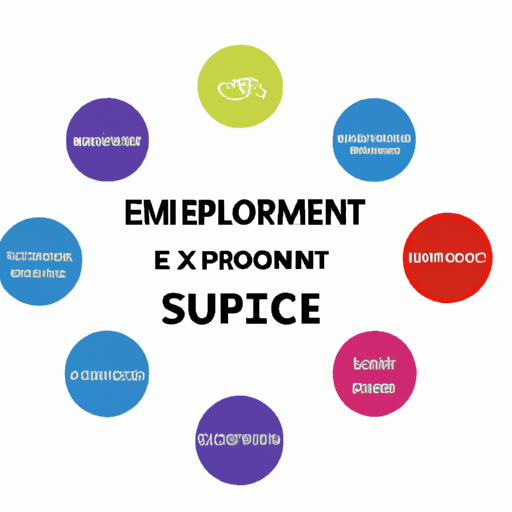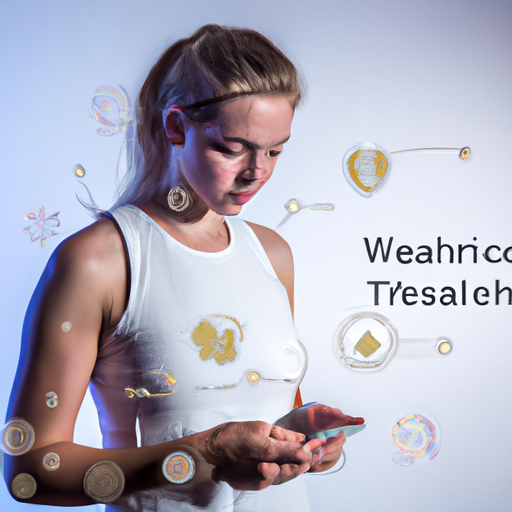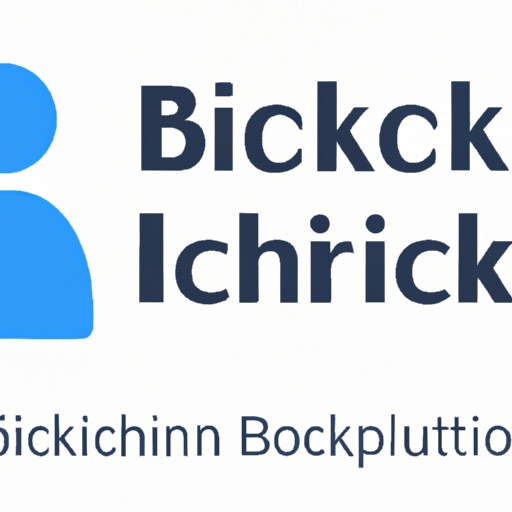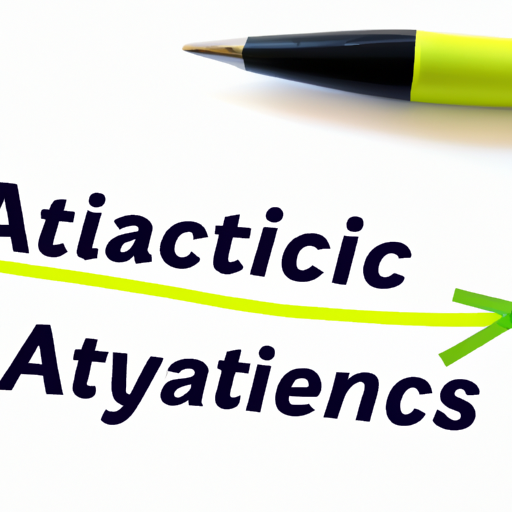In today’s fast-paced corporate world, organizations are increasingly recognizing the importance of employee engagement and workplace satisfaction. One of the most innovative solutions to emerge in recent years is the Employee Experience Platform (EEP). These platforms are revolutionizing the way companies manage their human resources and prioritize employee well-being.
What are Employee Experience Platforms?
Employee Experience Platforms are comprehensive tools designed to optimize the employee lifecycle from onboarding to offboarding. They integrate various aspects of HR management including feedback systems, communication tools, performance tracking, and career development opportunities. By leveraging technology, these platforms aim to create a more engaged and satisfied workforce.
Why Employee Experience Matters
Companies with high employee engagement tend to see better productivity, reduced turnover rates, and improved company culture. As employees become more invested in their roles, they contribute positively to the organization’s goals. Employee Experience Platforms facilitate this by providing insights into employee sentiment, tracking engagement metrics, and enabling transparent communication across all levels of the organization.
Key Features of Employee Experience Platforms
- Real-time Feedback: Continuous feedback mechanisms that help employees express their thoughts and concerns.
- Personalized Employee Journeys: Tailored onboarding and career development plans that cater to individual employee needs.
- Data-Driven Insights: Analytics tools that help HR teams make informed decisions about workforce management.
- Collaboration Tools: Integrated communication features that enhance teamwork and promote a positive work environment.
Implementing an Employee Experience Platform
To successfully implement an Employee Experience Platform, organizations should start by assessing their unique needs. This includes understanding the areas of employee engagement that require improvement and selecting a platform that aligns with their corporate culture. Training for both HR personnel and employees is crucial to ensure a smooth transition and maximum utilization of the platform’s features.
Conclusion
As the focus shifts toward creating fulfilling work environments, Employee Experience Platforms stand out as a vital component of modern HR strategies. By adopting these platforms, companies can enhance workplace satisfaction, promote employee engagement, and ultimately drive business success. Investing in an EEP is not just a trend; it’s a necessary evolution in how we view employee management in the digital age.
Stay tuned for more insights on how technology is shaping the future of HR and employee engagement.




